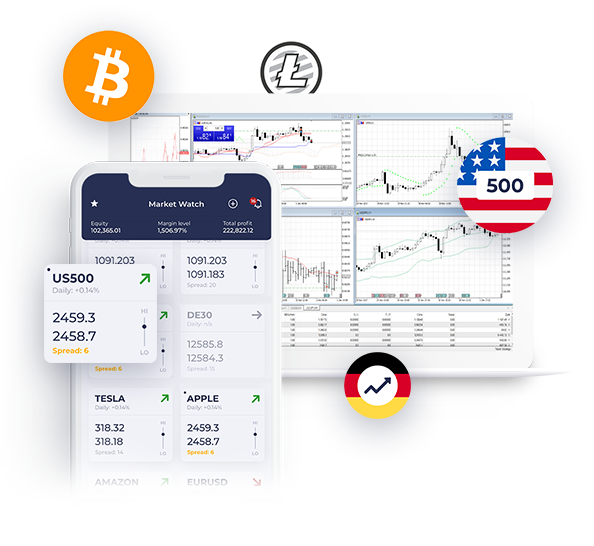Словарь терминов трейдинга
-
Bank of Canada
The National Central Bank of Canada. Its main task is to promote and maintain the state welfare. It accomplishes this through the conduct of monetary policy, printing money, debt and fund supervision of banks. In contrast to other government agencies, the bank executives are appointed by the bank itself. The Bank of Canada was founded in Ottawa, where it has remained until today. Although it is not a commercial bank and does not provide normal services to customers, it generates $ 1.7 billion profit a year that affects the budget.
-
Bank of England
The Bank of England. Sometimes called the 'Old Lady' of Threadneedle Street. Its mission is to maintain and support the monetary and financial stability as a basis for a healthy economy. The Bank of England has existed for over three centuries, despite the fact, it had not been nationalized until 1946. It has a dual role of a state bank and a commercial bank. In 1998, management of the bank was changed by the Bank of England Act. Now, it is headed by 16 directors, the chief and his two deputies. It modified the responsibility of the bank. The Bank of England also manages funds on the Exchange Equalisation Account. The EEA was established in 1932 and is responsible for the account exchange rate of British gold reserves. Foreign currencies are kept there and gold for trading purposes.
-
Bank of Japan
The organization supports the stability of the daily lives of citizens and the healthy development of the national economy through appropriate control of the quantity of money and its peaceful circulation. The bank of Japan is to maintain the stability of Japan's financial framework. It is responsible for printing money, it controls currency policy and monetary policy and the stability of Japanese financiers.
-
Base currency
The first currency in the currency pair. In the case of the EURUSD, the base currency is euro.
-
Bear Market
A market characterized by price decreases.
-
Ben Bernanke
The head of the Federal Reserve Bank of the United States (Fed). Born in 1953 in Augusta, Georgia (USA). He graduated from Harvard in 1975. In the years 1979 – 1985, he taught economics at Stanford University and from 1986 to 2005, he was a professor at the department of economics at Princeton University. During his professorship, he taught at the London School of Economics on monetary policy. In 1997, he was head of the research program over monetary policy in the national office of economic research. His main research interests include the Great Depression and the reasons for deflation. In 2006, Ben Bernanke replaced Alan Greenspan as the head of the Fed. Some economists still can not accept his appointment because he has never worked in the American corporate world, which makes his policy and economic views purely theoretical and untested.
-
Boom
A long-term growth (lasting months or years) in any market, it is characterized by the presence of higher and higher peaks (in periods of weeks or months) interrupted by greater and greater bottoms.
-
Breakout
The movement of prices falling outside the previous maximum (or minimum) or beyond the limits of the existing price channel. Technical analysts see breakout as a transaction signal in accordance with the direction of movement.
-
Broker
An intermediary in transactions in the currency market that supports buyers and sellers. Its profit includes commissions from transactions concluded and spread.
-
Bull Market
A market characterized by price increases.


